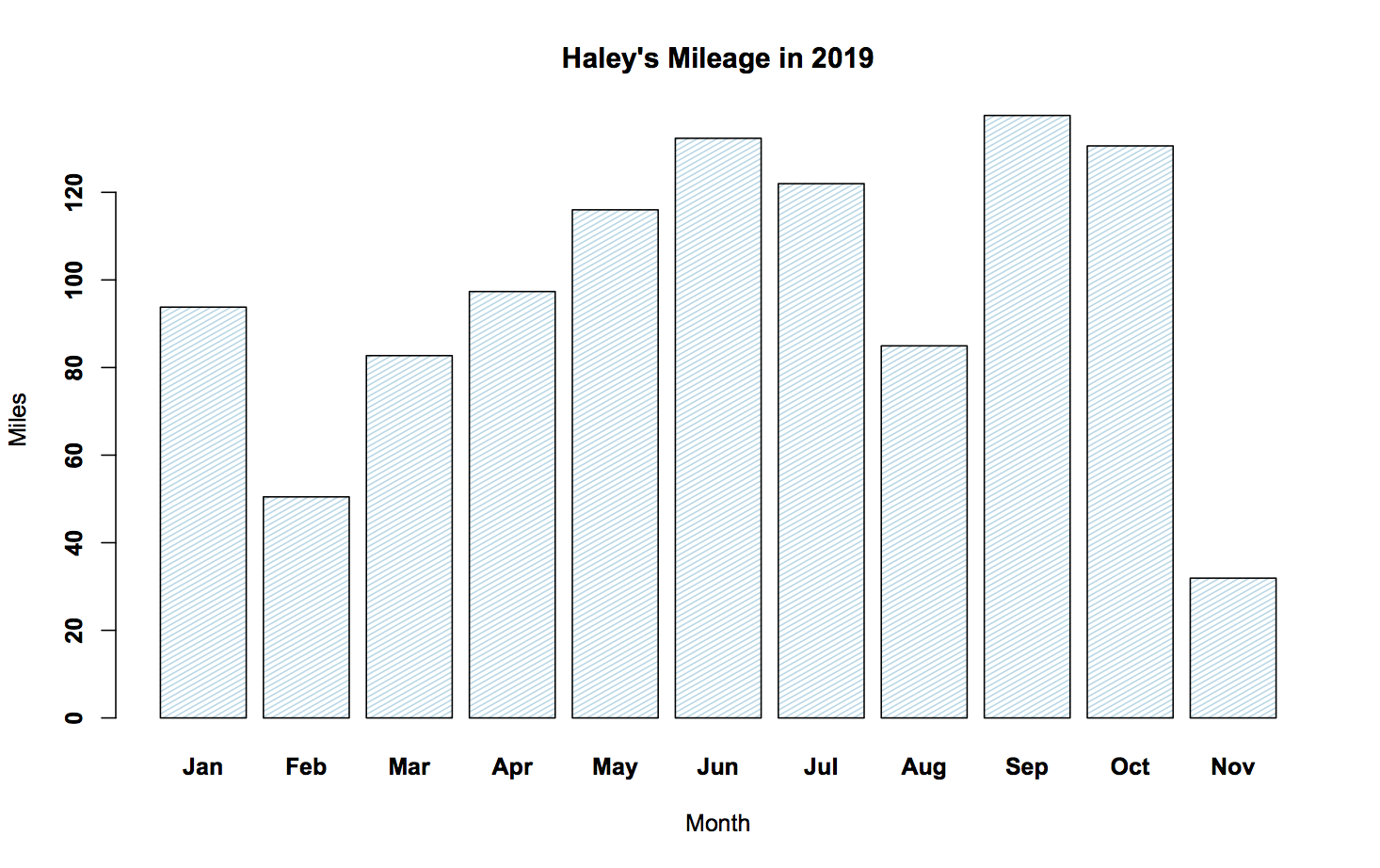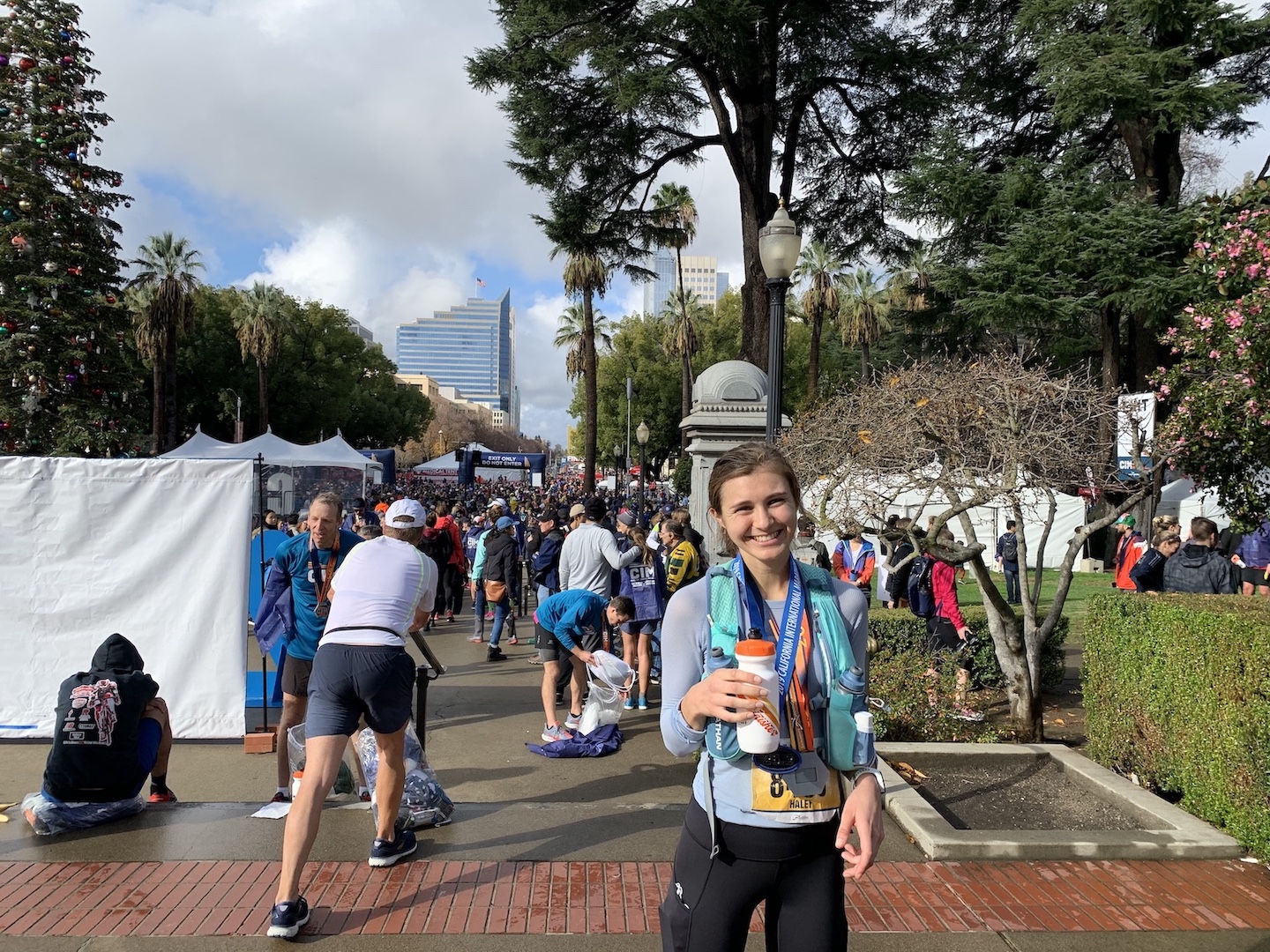A Thousand Miles Laters
01 January 2020
Being human inherently tasks us with the question of how to best spend our time. This is essentially a re-wording of “What do you want to be when you grow up?”, but rather than making this question about you and what, I am more interested in discussing it in the context of us and how.
Most of us wake up each morning to climb metaphorical mountains. Essentially, we wake up for two reasons : either we are still searching for the right mountain, or we have found one and awaken to continue towards its summit. Overtime, our climb creates a ridgeline that outlines peaks, troughs, and stagnancies of our life. This story is about my shift from one who was searching to one who is now intentionally climbing. Below shares what I have discovered a thousand miles later: the essentials to effectively climb any mountain.
The Mountain I Call Home
My climb began last January, approximately three hundred mornings ago. Fast forward to today, and I have ran a total of one thousand miles and counting - I have my Garmin watch to thank for keeping count. My climb up the Computer Science mountain may not have your typical green trees, nonetheless one should not underestimate the beautiful nature of binary trees. Not to mention the ability to make a nice bar graph from time to time. When I am not running up physical mountains, I work on my mental climb of running computer programs; that, however, is a story for another day.

Upon looking at this graph, I began to wonder how I was able to maintain such a consistent display of effort and discipline. Back in January, I never set a goal to cover a thousand miles this year. Instead, I woke up each morning, laced up my Nikes, and went out to test the limits of my legs. Thus, this number is just a descriptive statistic rather than a goal I worked toward during each run. Some days, my legs carry me for twelve miles before giving out, and on others, a slow two mile jog is enough to wind me. Regardless, I get out of bed each morning to feel the wind in my face and simply relish in the gift of nature. When I run, it is just me, my shoes, and the world to explore. I leave the practicalities of life behind and solely concentrate on the feeling produced by each individual step.
Ultimately, my summit was a result born from a commitment to the process. Its location is a definition of where I am now, and because where I am now is not where I will be tomorrow, my summit continually moves with me. As a result, the absence of expectations enables me to be fully present in every step. I do not waste time looking back at regrets or becoming overwhelmed by the distance ahead. Once we stop measuring, we liberate ourselves from expectations and our only responsibility becomes to enjoy the climb itself.
Why do we often find ourselves on the wrong mountains?
Regardless if you are searching or climbing, both involve movement. We all exert energy by default of getting out of bed in the morning. However, exerting energy without intention makes us prone to stagnation, as though we are running in place. Paulo Coelho remarks in his international bestseller, “In the long run, what people think about Shepherds and Bakers becomes more important than their own personal legend”. In translation to the language of millennials: being able to say you are an engineer or doctor becomes the driving reason to become one. Societal pressure drives us to run up the wrong mountains every day.
You will know you are on the right mountain when you wake up with no desire to be someone or somewhere else. When you truly love something, be it a person, hobby, or work, you never wonder if there exists a better view elsewhere. A true writer still writes even if their books are never read by another human eye. A true singer still sings even if their voice is never heard by another human ear. And, a true traveler still adventures around the world even if their photos never receive a single like on Instagram.

What it Means to Love the Climb
I experienced a lot of emotions over the span of a thousand miles. Some were familiar and enjoyable, such as the euphoria from adrenaline or the satisfaction from completing another run. However, I often experienced emotions that were not as enjoyable or familiar. When these emotions manifest, my initial reaction is to turn back altogether. The feeling of exhaustion on mile ten challenges my legs to keep going; guilt from taking a day off challenges me not to miss another. And, when I compare myself to those who can run faster or further, I doubt whether I am actually “good enough” to be a “real runner”. But, when you love the climb, you are willing to run through and experience all emotions because the presence of euphoria only exists relative to the presence of discomfort.
Every mountain presents a similar array of emotions, and on every trail lies the breadth of human experience. When we learn to recognize and run through unfamiliar emotions rather than turning away to avoid them, we become equipped to take on any climb. The beauty of facing doubt and guilt in one environment is that it proves we can overcome them in another. All mountains contain moments of suffering, but we learn this pain contributes to the ultimate view awaiting at the summit.
When we find the mountain to which we want to dedicate our time each day, we are making the decision to give ourselves completely to the climb. Doing so shifts the center of attention from the climber or summit to the ground below. I’ve found that this shift not only liberates us from the weight of self-expectations, but actually allows us to surpass them, moving beyond what we thought was possible. When you truly love the climb, the failure of any pursuit does not diminish the joy in working towards it.
This is About Us
In our arrogance, we often believe that some mountains are inherently more valuable than others. However, the climbs of others elsewhere often ease the burden of our own. I run to the music of a musician on a phone built by an engineer, while wearing shoes made by a designer that carry me across a road paved by a construction worker. Our individual climbs are not exclusive to those of our fellow climbers; this inclusivity is what empowers humanity to take on steeper and longer trails that were once thought impossible.
Rainer Marie Rilke reminds us to, “be patient toward all that is unsolved in your heart and try to love the questions themselves.” Some stumble upon the right mountain early on and some will climb the wrong mountains their entire life. For others, it just takes a few climbs up the wrong ones. In any case, I have found that those who run the farthest are those who love running the most.